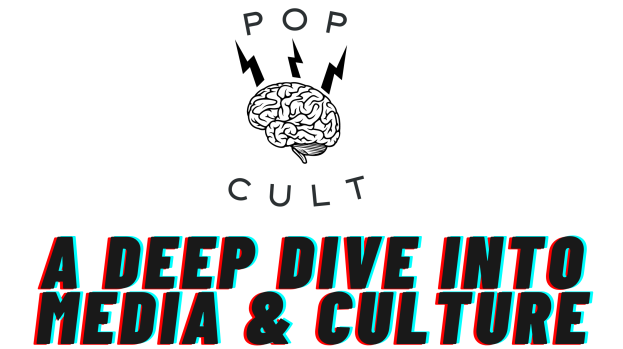Goodfellas (1990)
Written by Nicholas Pileggi & Martin Scorsese
Directed by Martin Scorsese
Goodfellas is without a doubt one of the most influential films of the last 50 years. I would argue this movie has influenced East Coast Italian Americans’ portrayal far more than Francis Ford Coppola’s Godfather films. While Coppola’s work is concerned with the mythic figures at the top, Scorsese explores the regular working class wise guys who have to hustle every day to make money and stay alive. This makes them incredibly relatable. Audiences will always relate to the guy who’s just trying to get by, then the mafia kingpin at the top. I would say Goodfellas is the best gangster film ever made.
The story is told from the perspective of Henry Hill (Ray Liotta), an Irish-Italian American who desperately wanted to be part of the organized crime racket in his Brooklyn neighborhood growing up. Despite his father’s rage and abuse, Henry works for Paulie (Paul Sorvino), the local capo, and his associates. Henry becomes closest to Jimmy (Robert De Niro), a fellow Irishman specializing in hijacking cargo trucks and theft. Henry also comes to know Jimmy’s other protege Tommy (Joe Pesci), who is a sociopathic danger to everyone around him. The film follows this trio through the 1950s to the 1980s in a series of episodes. By 1980, Henry has spent time in prison where he’s secretly dealing cocaine behind Paulie’s back, who has demanded that he can’t. Henry’s wife, Karen (Lorraine Bracco), is torn between the privileges her husband’s career brings her and the peril & infidelity that comes with it. All of this makes for a pure Americana experience about the wheels of crime that keep things spinning.
Goodfellas is a darkly funny movie. I think that’s an aspect of Scorsese a lot of audiences overlook. In this film, The Wolf of Wall Street, The King of Comedy, and After Hours he can inject stories of violence and menace with tremendous humor. It never makes us side with his sadistic characters, but it keeps the film from descending into bleak nihilism. Tommy is a particularly twisted figure in the Scorsese pantheon, utterly devoid of the recognition of human life. He kills two people throughout the film and savagely beats many more. There’s never an ounce of remorse or guilt. His rage stems from insecurity; when he perceives someone is slighting him, there’s never an attempt to have a discourse. Tommy has learned from the society around him that you cave in the skull of people who disrespect you. As the film shows, that is a way of living that can only really end one way. When you keep killing people who are connected, eventually, someone bigger and worse will off you.
Henry is also an interesting choice of protagonist because he’s not pure Italian. This means he will never become a “made man”; he’ll always hustle and be a wise guy. Henry is resigned to be an outsider because this group of people feels more like a family than his real one ever has. He revels in the indulgences made available to him via these connections. In voice-over and on-screen, he is overjoyed about how he can just take as he pleases, and if anyone messes with them, he can beat their ass. This extends into his marriage, where he courts two mistresses throughout the film, leading to turmoil in his home life.
Karen is just as interesting as Henry but sadly doesn’t get the attention he does. Her voice-over breaks into the film a few moments, but it is not consistent and goes away about halfway through the picture. She becomes an integral part of Henry’s side work, and her arc is fascinating. She explodes with rage upon discovering Henry is renting an apartment to house his mistress and stay overnight with her. Paulie and Jimmy attempt to smooth things over, but she does threaten Henry with a loaded gun one night. His inflammatory response causes her to break, and the matter is never discussed again. We can assume Karen is not so dumb she wouldn’t know her husband is still seeing other women, but she has evaluated what she gains from this lifestyle and what she would lose if she leaves Henry. She’s also attracted to the danger in a way. I do think we could have benefitted from exploring her point of view more.
Scorsese says that when he was developing the visual style of Goodfellas, he conceived it as a gunshot that keeps going for the whole film, what he called a “two and a half hour movie trailer.” His reasoning for this was that it was the only way to convey the allure of such a dangerous lifestyle to the audience. Being Henry Hill seems like a pretty nice gig most of the time. Even when he goes to prison, his fellow mobsters are so well connected they have private quarters and cook steaks, lobster, and pasta in their own kitchen every night. Scorsese ultimately delivers a scathing portrayal of toxic masculinity and the destructive nature of capitalism, particularly in America.


I love that movie